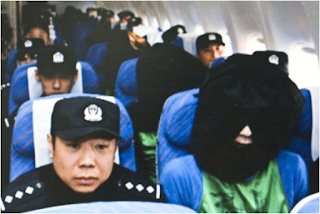The Japanese missing family wants to sue the International Criminal Court against North Korea
Japanese families are confident that their missing relatives are likely to be kidnapped by the North. That is why they intend to rely on the International Criminal Court to help investigate and condemn the Korean leadership. Feet. According to the Family Associations Association on Friday, January 19, 2018.
Families of the missing and their supporters will file a complaint to the International Criminal Court next week to ask for an institution This condemns North Korean leader Kim Jong-un and allows the court to investigate the suspicion that the Pyongyang regime detained a number of Japanese. At least 100 Money. According to the details of Mr. Kazuhara Araki, responsible for the Japanese Victims' Association.
Family Support Association estimated that 470 missing Japanese people could be involved North Korean regime. In the draft, the authors describe how many Japanese captives are still alive. And little freedom. According to Kyodo News Agency. The Tokyo government has announced to closely cooperate with the families of the victims in the International Criminal Court Initiative.
The DPRK had confessed in 2002 that there were 13 arrests of Japanese nationals in order to teach them language and culture. Japan to the North Korean spy agency, but the Japanese government counts to 17. One month after the admiration of five Japanese admirers were allowed to return home, another eight died. Pyongyang did not provide any evidence.
UN report on human rights in North Korea 2014 predicts Pyongyang kidnapping some 200,000 people from Many countries, mostly South Koreans, were banned from Pyongyang when the country was divided into two and during the 1950-53 war. . Hundreds of other women, including Lebanese, Thai, Malaysian, Singapore, Romania and France were arrested or disappeared while traveling. To North Korea during the 1960s and 1980s. According to the UN report. In recent times, North Korea has even arrested many citizens in South Korea and China.





No comments: